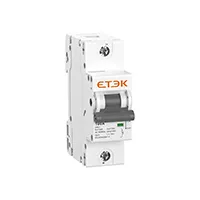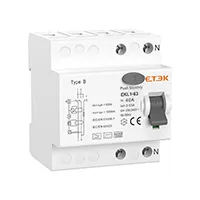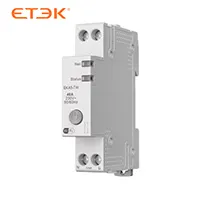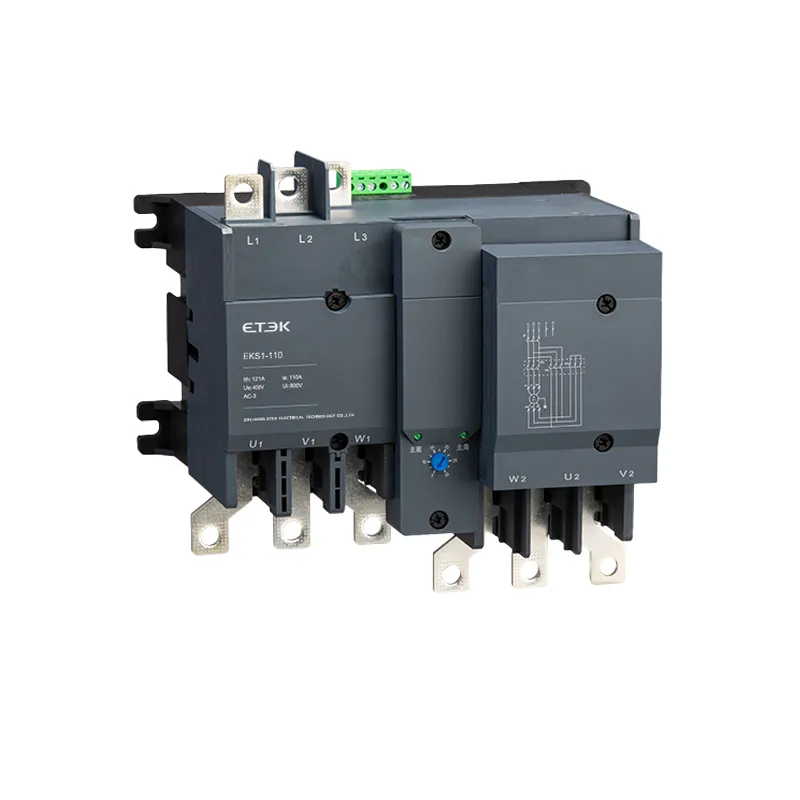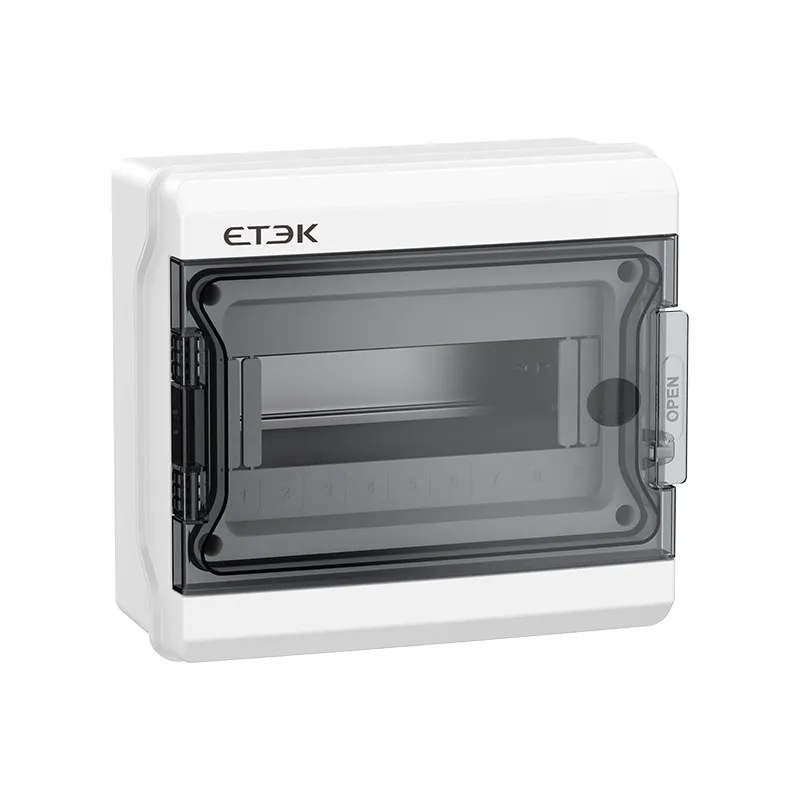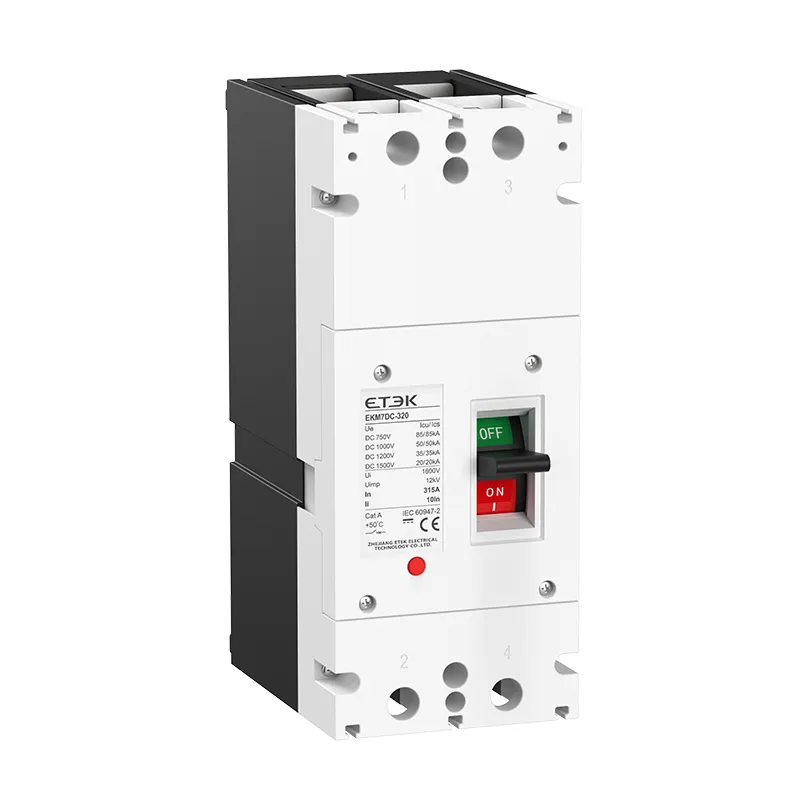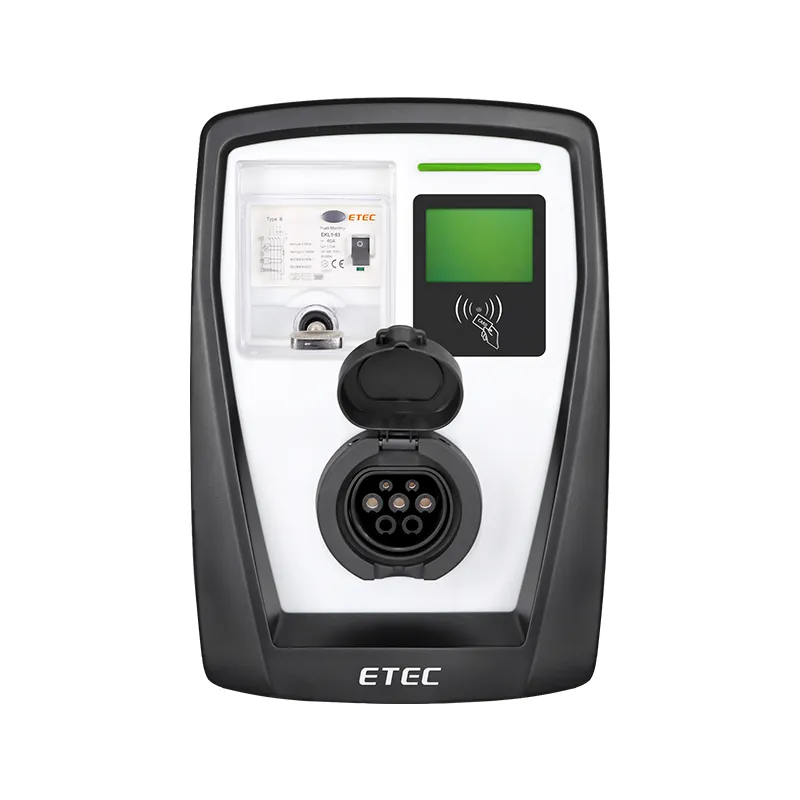What is the Main Reason for MCB Tripping?
.jpg)
The main reason why MCBs (miniature circuit breakers) trip is to protect circuits from overloads or short circuits.
In the event of a short circuit with excessive current flowing or a sudden large current surge, it will trip to prevent overheating and potential damage to wiring or electrical equipment.
Likewise, in the event of a short circuit with a sudden high current surge, the MCB trips quickly to isolate the faulty circuit and prevent any dangerous situation.
What causes MCB tripping?
Miniature circuit breakers (MCBs) can trip for a variety of reasons. Some common causes include:
1. Overload
When the current flowing through the circuit exceeds the rated capacity of the miniature circuit breaker, the miniature circuit breaker will trip.
This usually happens when too many appliances or devices are connected and draw more current than the circuit can handle.
2. Short circuit
A short circuit occurs when the live and neutral wires are directly connected or when the live wire touches a conductive surface. Resulting in a sudden surge in current, the MCB trips instantly to protect the circuit from damage.
3. Ground fault
A ground fault occurs when the live wire comes into contact with the earth or a grounded surface. It could be due to a faulty device, damaged insulation, or a wiring problem.
The MCB detects this fault and trips to prevent electrocution and further damage.
4. Electrical or equipment failure
Any electrical or equipment failure, such as insulation breakdown, excessive leakage current, or internal short circuit, can cause the miniature circuit breaker to trip. In this case, the faulty device must be disconnected or repaired.
5. MCB failure
In rare cases, the MCB itself may be faulty or damaged, causing frequent trips. If other causes have been ruled out, the MCB may need to be replaced.
Why is my MCB tripping without load?
If your MCB trips without any load connected, it could be due to several reasons:
1. MCB failure
The MCB itself may have failed or aged causing it to trip without any load. In this case, replacement may be required.
2. Short circuit
There may be hidden shorts in the wiring or electrical system, which occur when the live and neutral wires come into direct contact or when the live wire touches a conductive surface. This could cause excessive current flow and trip the MCB.
3. Ground fault
A ground fault occurs when the live wire comes into contact with the earth or a grounded surface. This can be caused by damaged insulation or electrical failure. The MCB detects this fault and trips to prevent electric shock or further damage.
4. Wiring problem
Improperly installed or damaged wiring may cause the MCB to trip.
Loose connections, damaged insulation, or improperly sized wires can cause abnormal current flow and trigger the MCB.
Summarize
It is important to identify and address the root cause of a tripped MCB, and consultation with a qualified electrician is recommended to ensure electrical safety and prevent potential hazards.



.webp)

